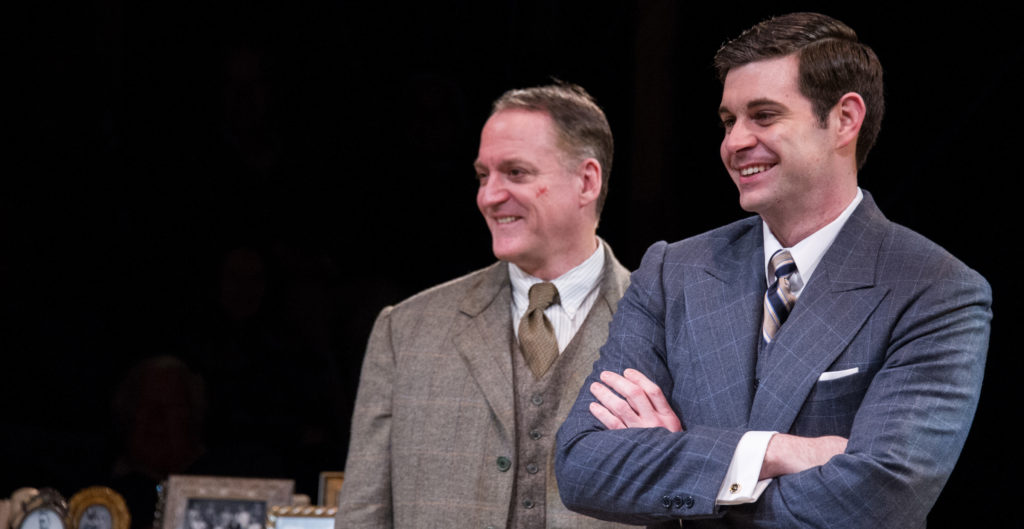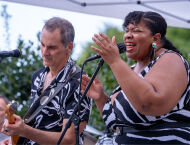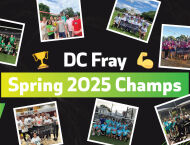Culture
 Photo: Courtesy of Arena Stage
Photo: Courtesy of Arena Stage
Spotlight on Actor Thomas Keegan in ‘Watch on the Rhine’
February 3, 2017 @ 12:00am
In 1939’s The Wizard of Oz, Dorothy clicked her sparkly, ruby-red heels together and said, “There’s no place like home.” Home, a place of safety, where you can live untouched, at peace and free. The majority of people would agree that there is, in fact, no place like home. Or is there?
In Arena Stage’s upcoming production of Watch on the Rhine, on Fichandler Stage from February 3 to March 5, the notion of home being a safe place is compromised and at stake. With America on the cusp of entering World War II, and a house clouded with political differences, it is clear that no one’s safety is guaranteed – even in one’s own home.
Watch on the Rhine takes place in April 1940 right outside of Washington, DC in the home of wealthy Virginians who are hosting refugees from Europe fleeing Nazi Germany. Disloyalties, dishonesties and betrayals make their way to the surface in this tense and captivating production.
On Tap had the opportunity to chat with actor Thomas Keegan, playing David Farrelly, to get the inside scoop on Watch on the Rhine and his creative process.
On Tap: Who is David Farrelly?
Thomas Keegan: David is a Washington lawyer living at home with his mother. He is the youngest of two children, and desperately trying to escape from his father’s shadow. He’s struggling with romance, oftentimes dating strange women and trying to find his place in the world.
OT: In what ways do you connect with your character personally?
TK: I’m the only son of three kids and understand the pressures to carry on the family name. I’m an example of the American Dream, which is prevalent throughout the play, because my family moved here from Ireland and built a life from scratch. I also had pressures to care for my sisters and mom after [my] parents’ divorce, and David feels those same pressures with his father’s absence.
OT: What are some challenges in playing Farrelly?
TK: It was a challenge to remove myself from feeling too emotional. Farrelly is stoic, and I am not. But in the 40s, people, especially men, didn’t necessarily express emotions. I’m also trying to stay in the moment and remember my space. I’m a six-and-a-half-foot-tall person playing in a theater in the round [laughs].
OT: How is Watch on the Rhine relevant to today’s audiences, particularly the DC community? Why should people come see this play?
TK: It’s relevant [to] today’s audiences because we are now resistant to taking in refugees from countries that need help, such as Syria. It mirrors the play in that regard. There’s a line in Act II that I can’t help but think about, and it’s, “You’re political refugees. We don’t turn [our] back [on] people like you, people in danger.” We [as American citizens] need to realize our responsibility in this world.
OT: What’s been a highlight of working on this show, and what have you learned?
TK: Aside from the talent [of] the entire cast and working with Marsha Mason, I’d say being directed by Jackie Maxwell. This play takes a careful eye. A lot is happening, and Jackie has a gentility and confidence and strength that is both encouraging and supportive in direction. This is also only the second time in a decade-long career I’ve been directed by a woman. We need more of that.
Watch on the Rhine runs from February 3 to March 5 on Arena Stage’s Fichandler Stage. Tickets start at $55.
Arena Stage: 1101 6th St. SW, DC; 202-488-3300; www.arenastage.org







